NIH
-

Long QT syndrome – revealed
Vanderbilt investigators have used sophisticated cell biological and structural techniques to “classify” mutations in potassium channels, studies that could lead to personalized treatment of heart rhythm disorders. Read MoreMar 12, 2018
-

Brain connections in schizophrenia
Brain imaging studies have implicated the connection between two brain regions in the pathophysiology of schizophrenia. Read MoreMar 9, 2018
-

Iron-sulfur “intersection”
Vanderbilt researchers have discovered an unanticipated link between sulfur and iron balance, pointing to a genetic basis for iron-deficiency anemia. Read MoreMar 8, 2018
-
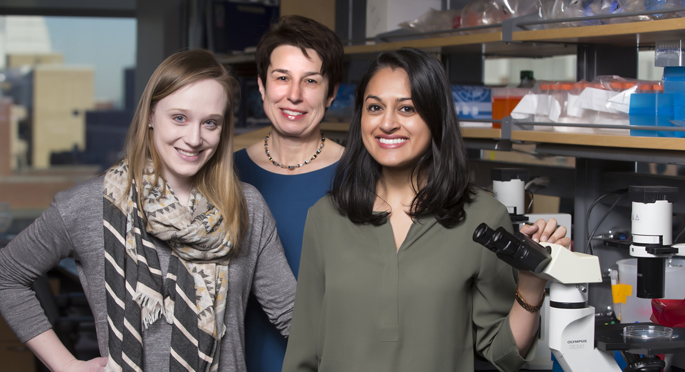
Discovery by Vanderbilt-led group could lead to improved diabetes treatment
Vanderbilt investigators and colleagues around the country have made a major discovery that could lead to better ways to treat type 1 diabetes (T1D). Read MoreMar 6, 2018
-

Study sheds light on how childhood RSV can lead to asthma
Infants who have higher amounts of the bacterium Lactobacillus present in their nose or upper part of the throat during an acute respiratory syncytial virus (RSV) infection are less likely to develop childhood wheezing later in life, a new Vanderbilt-led Center for Asthma Research study found. Read MoreMar 1, 2018
-

Older adults less likely to receive flu tests: study
An influenza diagnosis for people 65 and older is serious. Up to 85 percent of influenza-related deaths occur in older adults, the Centers for Disease Control (CDC) and Prevention reports. Read MoreMar 1, 2018
-
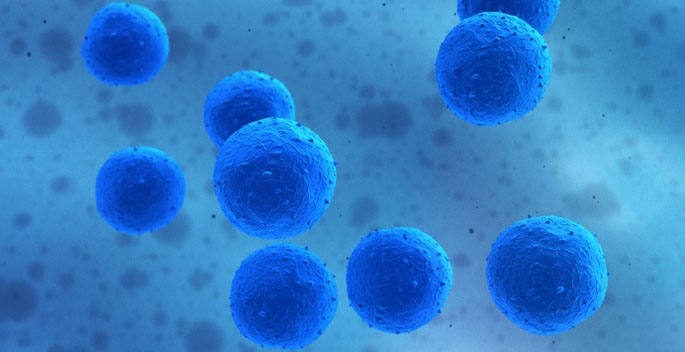
Structure of a stem cell niche
Understanding the specialized environment where stem cells reside is important for developing stem-cell based regenerative therapies. Read MoreFeb 28, 2018
-

Cannabis compound reduces seizures
Cannabidiol (CBD) oils reduced seizures in patients with difficult-to-treat epilepsy, Vanderbilt investigators have found. Read MoreFeb 26, 2018
-
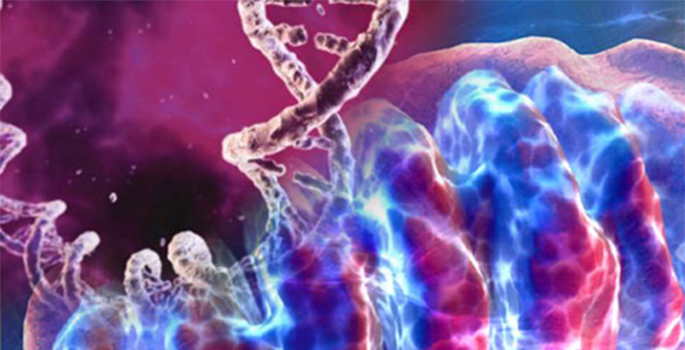
Mitochondrial mutations and disease
New findings suggest that oxidative stress damages mitochondrial DNA, and they link this damage to a disease state. Read MoreFeb 22, 2018
-
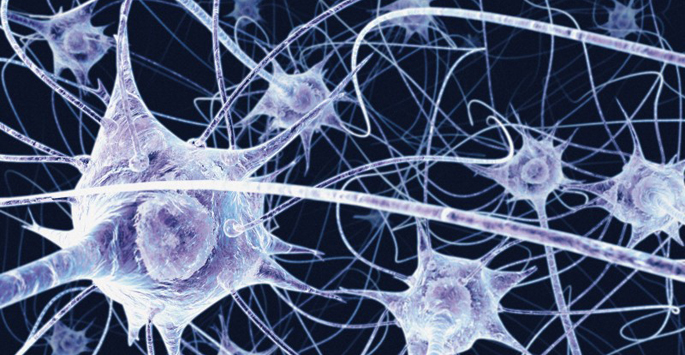
A new target for neuroblastoma
Vanderbilt investigators have discovered that a sirtuin protein has oncogenic properties in neuroblastoma cells — and that blocking it reduces their growth and tumor-like characteristics. Read MoreFeb 14, 2018
-

Cognition in rare hormonal disorder
Vanderbilt investigators have conducted the first systematic evaluation of cognitive function in children with a rare genetic disorder. Read MoreFeb 13, 2018
-
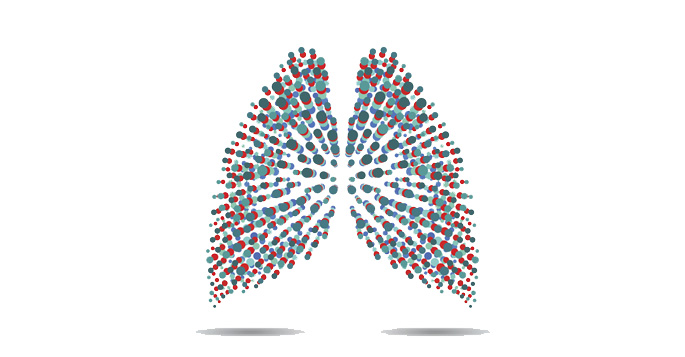
Protecting transplanted lungs
Acetaminophen may offer a simple treatment to prevent tissue injury following lung transplant, Vanderbilt researchers have discovered. Read MoreFeb 12, 2018
-

Muscular dystrophy clue
Vanderbilt investigators have discovered a role for immune system T cells in slowing the decline in skeletal muscle function in patients with Duchenne muscular dystrophy. Read MoreFeb 9, 2018
-

Cell skeleton and the brush border
Vanderbilt researchers have discovered a role for microtubules — part of the cellular “skeleton” — in organizing the unique sidedness of the epithelial cells that line organs like the intestines. Read MoreJan 31, 2018
-

Imaging features predict tumor grade
Vanderbilt researchers have discovered imaging features associated with increased risk for aggressive meningiomas (tumors of the brain membranes) that could help guide surgical planning and patient counseling. Read MoreJan 29, 2018
-

Versatile C. difficile blocker
New research reveals a unique mechanism of C. difficile toxin neutralization by a monoclonal antibody, suggesting new therapeutic approaches. Read MoreJan 26, 2018
-

A cataract-heart connection
Studies of alpha-B crystallin in zebrafish could ultimately lead to improved treatment for cataracts and heart disease. Read MoreJan 25, 2018
-
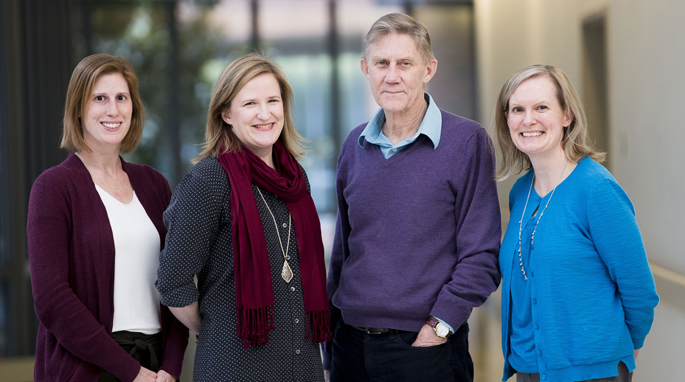
Number of minority trainees on rise, but not minority faculty
Vanderbilt investigators examined the entire training pathway of potential biomedical research faculty and found two key points of loss: during undergraduate education and in transition from postdoctoral fellowship to tenure-track faculty. Read MoreJan 25, 2018
-
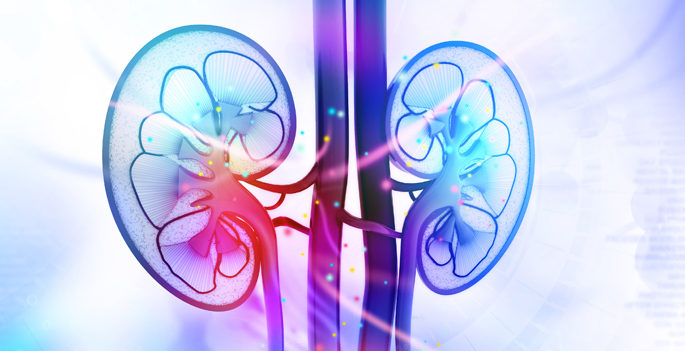
HDL and kidney injury after surgery
Higher concentrations of high-density lipoproteins — HDL, the “good” cholesterol — may be protective against acute kidney injury after cardiac surgery, Vanderbilt researchers have discovered. Read MoreJan 17, 2018
-

A spicy finding
Vanderbilt researchers have discovered that curcumin — the active ingredient in the spice turmeric — needs to be metabolically activated to exert anti-inflammatory effects. Read MoreJan 16, 2018